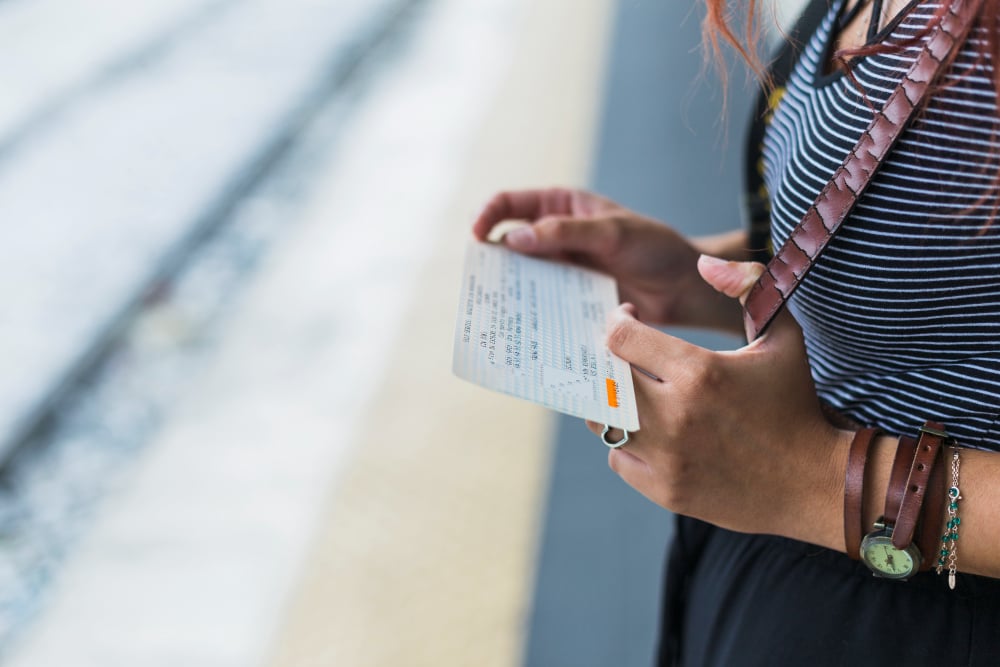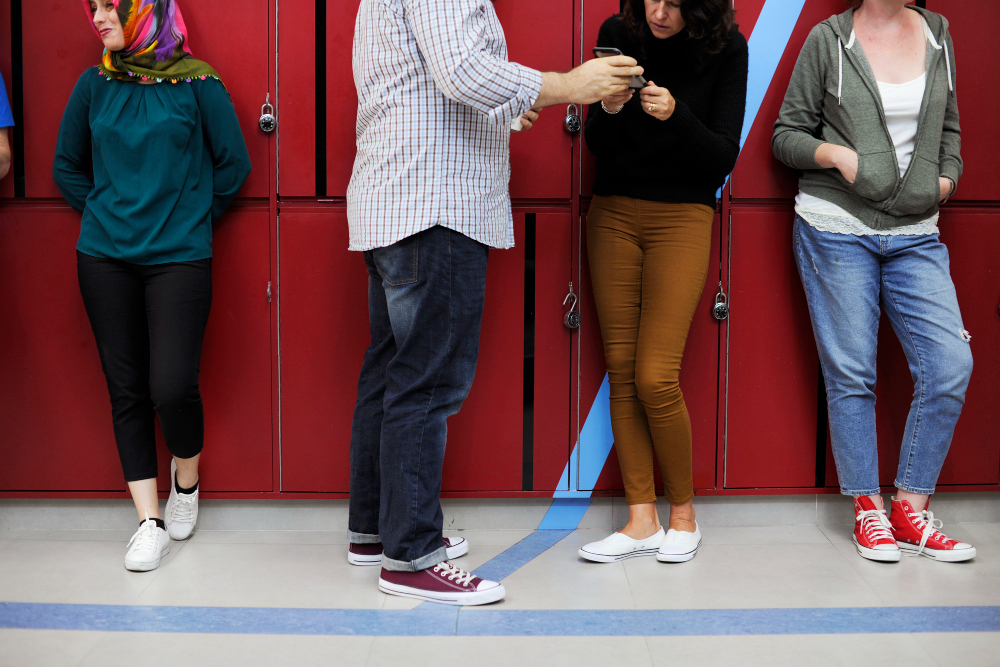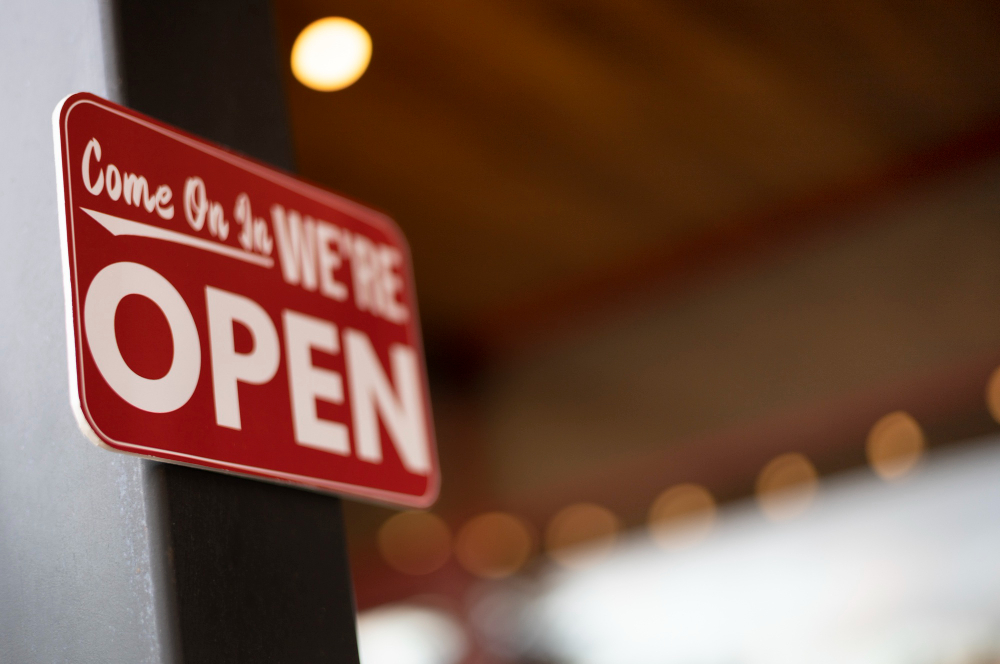Dodge these common mistakes to have a hassle-free European adventure.

Exploring Europe is a dream for many Americans, but cultural differences can lead to embarrassing or frustrating moments. Some habits that are normal in the U.S. might be considered rude or impractical abroad. To ensure a smooth trip, it’s crucial to understand what behaviors to avoid.
Here are some key travel mistakes that can make you stand out for the wrong reasons.
1. Expecting unlimited free refills and ice in drinks.

Unlike in the U.S., most European restaurants don’t offer free refills on soft drinks. Ordering a soda means getting a single bottle or can, often without ice. If you want ice, you’ll usually have to request it, and even then, you’ll likely receive just a few cubes instead of a full glass.
Water isn’t always free either. Many restaurants serve bottled still or sparkling water instead of tap, and it comes at a cost. If you want tap water, you’ll need to specifically ask for it, and in some countries, restaurants may refuse to serve it altogether. Always check before assuming it’s complimentary.
2. Ignoring local dining etiquette and meal times.

In many European countries, mealtimes are more structured than in the U.S. Restaurants in Spain or Italy, for example, may not open for dinner until 7 or 8 p.m. Showing up at 5 p.m. expecting a full dinner menu might leave you disappointed. Lunch breaks can also be long, with many businesses closing midday.
Table service operates differently, too. Servers won’t bring the check unless you ask for it, as lingering at the table is common. Additionally, rushing through meals is considered rude—Europeans value slow, social dining. Understanding local dining customs will help you avoid frustration and enjoy meals the way locals do.
3. Dressing too casually in major cities.

While comfort is key when traveling, overly casual attire can make you stand out as a tourist. In many European cities, locals dress more stylishly, even for everyday activities. Wearing athletic wear, flip-flops, or baggy clothing outside of the gym or beach can be seen as sloppy rather than relaxed.
Some religious sites, like churches and cathedrals, have strict dress codes. Shorts, tank tops, and revealing clothing may not be allowed, and you could be denied entry. Packing a versatile wardrobe that balances comfort and style will help you blend in and avoid unexpected restrictions when visiting cultural landmarks.
4. Talking loudly in public places.

Americans tend to have louder conversational volumes than many Europeans, which can be jarring in public spaces. Speaking too loudly in restaurants, trains, or historic sites can attract unwanted attention and even annoy locals. Many European cultures value a quieter, more reserved public demeanor.
This is especially true in places like France, Switzerland, and Japan, where keeping conversations at a moderate volume is expected. When using public transportation or dining, be mindful of your surroundings and keep noise levels in check to show respect for those around you.
5. Expecting large portions and fast service.

Portion sizes in Europe are generally smaller than in the U.S., which can be surprising for American travelers. Meals are designed to be satisfying but not excessive, and ordering multiple courses is common. Don’t assume you’ll get a massive plate of food, and resist the urge to complain about portion sizes.
Service is also different—European restaurants prioritize a relaxed dining experience, so meals may take longer to arrive. Waitstaff won’t check in constantly or rush you through your meal. Instead of expecting quick service, embrace the slower pace and enjoy the cultural differences in dining.
6. Not validating public transportation tickets.

Many European cities use an honor system for public transit, meaning you won’t always go through a ticket barrier. However, tickets often need to be validated by stamping them in a machine before boarding. Failing to do this can result in a fine if a transit inspector checks your ticket.
Even if you purchased a ticket, it’s considered invalid if it’s not stamped properly. Rules vary by country, so always check signage or ask a local to make sure you’re following the correct procedures. Avoiding this mistake will save you from unnecessary fines and embarrassment.
7. Assuming credit cards are accepted everywhere.

While major cities in Europe accept credit cards widely, smaller towns, market stalls, and local cafés may still prefer cash. Many businesses also require a card with a chip and PIN, rather than a swipe or signature. Not having the right payment method can leave you stranded without a way to pay.
ATMs are widely available, but it’s best to carry a small amount of local currency for unexpected situations. Some countries, like Germany and Italy, still have cash-heavy cultures in certain areas. Always check in advance whether your preferred payment method is accepted.
8. Not respecting local queueing etiquette.

Waiting in line in Europe often follows different social rules than in the U.S. In countries like the U.K. and Germany, queuing is highly structured, and cutting in line is seen as extremely rude. Meanwhile, in places like Italy or Spain, lines can be more fluid, requiring more assertiveness.
Observing how locals approach queues can help you avoid confusion. If people are forming an orderly line, follow suit. If it’s more of a crowd pushing forward, don’t be afraid to step up when it’s your turn. Being aware of cultural differences in queuing will prevent unnecessary frustration.
9. Overpacking and bringing oversized luggage.

Many European streets are filled with cobblestones, narrow alleyways, and staircases, making oversized suitcases a hassle. Trains and buses also have limited luggage space, and dragging a giant suitcase through crowded stations or public transit can be inconvenient.
Packing light with a carry-on or a medium-sized suitcase makes navigating Europe much easier. Choose versatile clothing and plan for laundry options if needed. A smaller, lightweight suitcase will save you stress and help you move through cities more comfortably.
10. Expecting everything to be open 24/7.

Unlike in the U.S., where many stores operate around the clock, European businesses often have strict opening hours. Many shops close early in the evening, and Sundays can see most businesses shut down entirely, especially in smaller towns.
Planning ahead is essential to avoid disappointment. Check opening hours before heading out, and be aware of local holidays that might affect business operations. Adapting to these differences will ensure you don’t get caught off guard when you need to buy essentials or find a meal.
